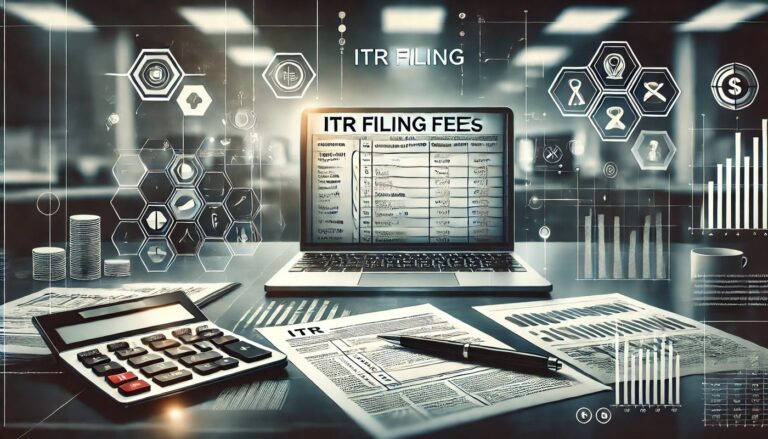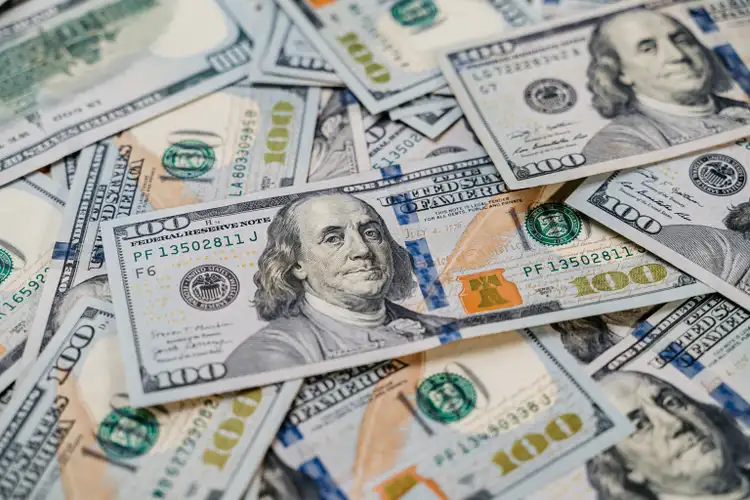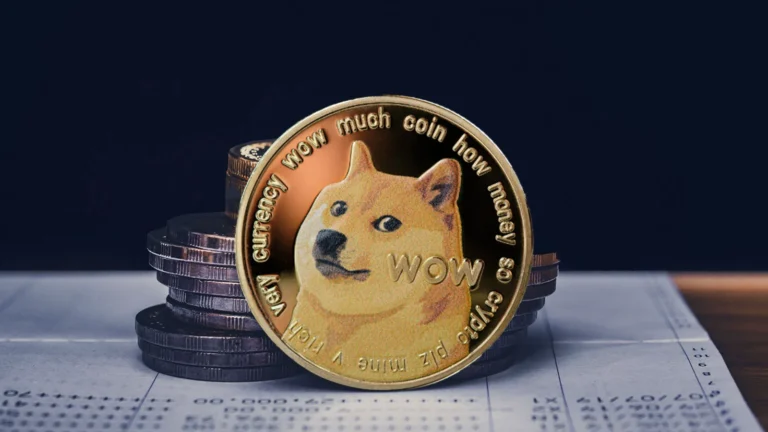Does Berkshire Hathaway Pay Dividends? Warren Buffett’s Surprising Strategy Explained

Does Berkshire Hathaway Pay Dividends? Warren Buffett’s Surprising Strategy Explained
Berkshire Hathaway, the conglomerate led by legendary investor Warren Buffett, is famous for its massive portfolio of businesses like GEICO, Dairy Queen, and See’s Candies—and its stock price, which trades at over $600,000 per Class A share (as of 2023). But one question often stumps new investors: Does Berkshire Hathaway pay dividends?
The short answer: No, Berkshire does not pay dividends to its shareholders—and it hasn’t for decades. In this post, we’ll unpack why Buffett rejects dividends, how shareholders still profit, and whether this strategy could ever change.
Does Berkshire Hathaway Pay Dividends? Warren Buffett’s Surprising Strategy Explained
Why Berkshire Hathaway Doesn’t Pay Dividends
Warren Buffett has long argued that reinvesting profits generates more value for shareholders than distributing dividends. Here’s his reasoning:
- Compound Growth Over Cash Payouts
Buffett believes retained earnings can compound exponentially when reinvested into high-quality businesses or stock buybacks. For example, Berkshire’s 10billioninvestmentinApplehasgrowntoover10billioninvestmentinApplehasgrowntoover160 billion—far more than dividends would have provided. - Tax Efficiency
Dividends are taxed immediately as income, while unrealized stock gains (like Berkshire’s rising share price) aren’t taxed until shareholders sell. This lets investors defer taxes indefinitely. - Buffett’s “Secret Sauce”
Berkshire’s insurance float (premiums collected before claims are paid) provides billions in interest-free capital to invest. Reinvesting this cash turbocharges growth without needing dividends.
The Only Time Berkshire Paid Dividends
In 1967, Berkshire paid a 10-cent dividend—a decision Buffett later called a mistake. He wrote in his 2012 shareholder letter:
“The [1967] dividend was a confession of failure… We’ve had the chance to allocate capital wisely, and dividends don’t figure into that equation.”
Since then, Berkshire has prioritized stock buybacks and acquisitions over dividends.
Does Berkshire Hathaway Pay Dividends? Warren Buffett’s Surprising Strategy Explained
How Berkshire Shareholders Profit Without Dividends
While dividends are off the table, Berkshire rewards investors in three key ways:
1. Stock Price Appreciation
Berkshire’s Class A shares have soared from 19(1965)toover19(1965)toover600,000 today—a 3,800,000%+ return. Even Class B shares (BRK.B), designed for smaller investors, have grown 200%+ in the last decade.
2. Stock Buybacks
When Buffett believes Berkshire’s stock is undervalued, he buys back shares. This reduces the total number of shares outstanding, boosting the value of remaining shares. In 2021 alone, Berkshire repurchased $27 billion of its stock.
3. Ownership in Profitable Businesses
Shareholders indirectly own pieces of Berkshire’s subsidiaries (e.g., BNSF Railway, Duracell) and its $350 billion stock portfolio, which includes Apple, Coca-Cola, and American Express.
Could Berkshire Ever Pay Dividends Again?
In his 2018 shareholder letter, Buffett hinted that dividends might return once Berkshire can’t reinvest profits effectively:
“When our retention of earnings no longer makes sense, we will distribute them. For now, reinvestment remains our priority.”
However, with over $147 billion in cash (Q2 2023), Berkshire still has ample opportunities to grow—making dividends unlikely anytime soon.

Dividend Alternatives for Berkshire Investors
If you want income from Berkshire-like stocks, consider:
- Dividend-Paying Holdings in Berkshire’s Portfolio
- Coca-Cola (KO): 3% yield, 60+ years of dividend growth.
- Chevron (CVX): 4% yield, a Buffett favorite in 2023.
- Kraft Heinz (KHC): 4.5% yield (though struggling recently).
- Dividend ETFs with Berkshire Exposure
- Schwab U.S. Dividend Equity ETF (SCHD): Tracks top dividend-paying U.S. stocks.
- Vanguard Dividend Appreciation ETF (VIG): Focuses on companies with growing payouts.
- Buy Berkshire and “Create Your Own Dividend”
Sell small portions of BRK.B shares periodically to mimic dividend income while deferring taxes.
The Risks of Berkshire’s No-Dividend Policy
- No Passive Income: Investors reliant on dividends must look elsewhere.
- Overreliance on Buffett: At 93, Buffett’s eventual successor could shift strategy.
- Market Downturns: Without dividends, shareholders depend solely on stock performance.
Does Berkshire Hathaway Pay Dividends? Warren Buffett’s Surprising Strategy Explained
FAQ: Berkshire Hathaway Dividends
Q: Does Warren Buffett take a salary or dividends from Berkshire?
A: Buffett’s 100ksalaryismodest,andheearns100ksalaryismodest,andheearns0 in dividends. Over 99% of his wealth is in Berkshire stock.
Q: What about Berkshire’s subsidiaries? Do they pay dividends?
A: Yes! Subsidiaries like BNSF and GEICO generate cash for Berkshire, but those funds are reinvested, not paid to shareholders.
Q: How do I invest in Berkshire Hathaway?
A: Buy Class B shares (BRK.B) for ~$350 each via platforms like [Public.com](affiliate link) or [Charles Schwab](affiliate link).
Conclusion
Berkshire Hathaway’s no-dividend policy reflects Warren Buffett’s unwavering belief in compounding and long-term growth. While income-focused investors might look elsewhere, Berkshire’s track record of stock appreciation and strategic buybacks has created life-changing wealth for patient shareholders.

Disclaimer: This post is not financial advice. Past performance does not guarantee future results. Consult a financial advisor before investing.






I’ve used several free AI tools lately, and Best Free AI Websites is a great one-stop guide. It’s smartly organized and saves time sifting through endless options.
Understanding lottery patterns can be as much about strategy as luck. Platforms like JLJLPH offer engaging alternatives with structured gameplay and varied options that keep users entertained and invested.
Great insights on AI’s role in decision-making! AIGO Tools is a must for anyone looking to streamline their workflow with vetted solutions like AI Email Marketing.
Great post on decision biases! It’s fascinating how they influence our choices, especially when exploring AI tools like the AI Instagram Assistant. A smart resource for streamlining social content.